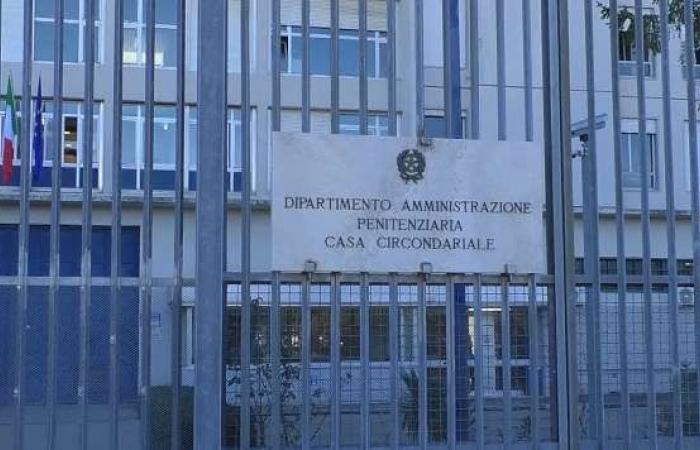TERAMO. Intense week for the Penitentiary Police personnel of the Teramo prison, engaged in several operations aimed at countering the introduction and use of cell phones and drugs at the Castrogno. As explained by Giuseppe Pallini, provincial secretary of the Autonomous Union of Penitentiary Police, “this week, in separate operations, the Teramo Penitentiary Police found 5 smartphones, 12 grams of hashish and 1 gram of cocaine. The perpetrators were reported to the judicial authorities.
SAPPE, we read in a note, is pleased with the staff and asks that they be proposed for the award recognition”. The unionist underlines the operational criticalities of the Police staff in relation to the high concentration of psychiatric and drug addicted prisoners: “From the data in our possession we know that almost 30% of the people, Italian and foreign, detained in Italy, that is one in three, have drug problems. For clarity, it should be remembered that drug or alcohol addicts inside prisons are present for having committed various types of crimes and not for the condition of drug addiction. Their presence has always caused significant problems both for the management of these people within an environment that is in itself so problematic, and for the complexity that the treatment of this state of illness entails. There is no doubt that those affected by this pathological condition must and can find appropriate treatment outside of prison and that there have long been legal provisions that allow this intervention to be carried out”.
SAPPE Secretary General Donato Capece highlights how these latest events “confirm all the investigative hypotheses about the now well-known phenomenon of illicit trafficking by means of drones, a phenomenon also favored by the freedom of movement of prisoners following the open custodial regime and the current operational criticalities, in which the Penitentiary Police operates, with minimum levels of security. SAPPE’s satisfaction goes to the staff of the Teramo Penitentiary Police Department”. Capece highlights that “the problem of the introduction of telephones into prison has long been known and we know well its extent which, nowadays is truly significant and continues to grow day after day. We are concerned not only about their use for illicit purposes outside of prison, as repeatedly found in the investigative activities that are carried out daily in penitentiaries and on the national territory, but also about the actual trade that is present within the walls where a smartphone traded between prisoners multiplies its value dramatically, becoming a source of huge illicit earnings for those who manage the trade”. The trade unionist recalls that “since 2020, bringing a cell phone into prison is a crime punishable by a sentence ranging from one to four years, but the continuous increase in seizures demonstrates that it is not a sufficient deterrent to stem the phenomenon.
In our opinion, concrete interventions are needed to update the concept of punishment and its execution to the present day, to today’s technologies and to the current prison reality, made up – among other things – of prisoners who are increasingly violent and careless of the most basic rules of civility. It is therefore essential to invest in staff training as well as in individual and departmental equipment, so that the Penitentiary Police is put in the best conditions to be able to ensure to the State what is perhaps the most important institutional task entrusted to it, that is, to guarantee order within the prevention and penal institutions, protecting their safety, for the benefit of the free community”.
The national leader of the first Union of the Corps informs that a territorial organization is in progress “a Nucleus of specialized and expert penitentiary police officers in the use and management of drones both in a preventive and dissuasive perspective of the phenomena of violation of penitentiary spaces or introduction of illicit material of any nature. Moreover, drones are well suited to the reconnaissance of areas near a prison and can provide valid help: let’s think, for example, in the case of an escape since they allow to quickly detect and monitor large spaces without being seen.
Obviously, the drone must be accompanied by latest-generation tools, for example software capable of using the video frames sent to the operations centers and, above all, specialized training for the staff.” For this reason, the hope of the national leader of SAPPE “is that soon Abruzzo will also have a sufficient number of police officers, adequately prepared, trained and specialized and expert in the use and management of drones both in a preventive and repressive perspective”.






